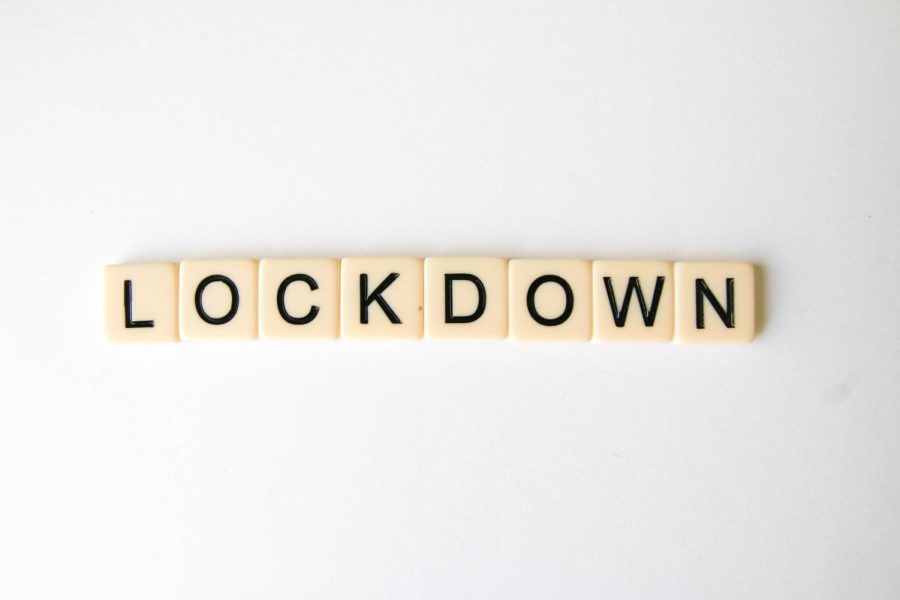Column: The Breakdown of the Lockdown: ASU’s Curfew, Is It Really Worth It?
January 31, 2021
“The majority should not be punished and subjected to a curfew because of the bad behavior of the minority.” – Tessa Jowell
Alabama State University has decided to continue the campus-wide mandated curfew from the previous fall semester. One may ask, why? The real reason is unclear, but the university says it is for our safety. If the incident that caused the curfew to be created was before the actual hours of the curfew, why does the university and its police department think creating a curfew will solve the problem?
With many student deaths on and off-campus over the past couple of years, the safety policies and procedures on campus are very lackluster. Nothing is ss to protect our student body unless something drastic happens, which is preposterous. Since the start of the curfew, the campus may feel a little more “safe” due to the various gates closed off all-around campus. But, if we are being completely honest, violence and foolery can happen at any time of day. It does not have to be at night. So, if a shooting can happen on campus at around 6 or 7 p.m. in the fading daylight, then anything is possible.
The curfew is from 9 p.m. to 6 a.m., which limits students residing on campus to an extent and further restricts off-campus students. Furthermore, since the campus is closed earlier, students lose out on the opportunities to study in the library, hang out with friends (socially distanced of course), or even grab a bite to eat off-campus. Also, many students that live on campus have to pay the expensive costs of dormitories, tuition, books, fees, and even hidden fees like the athletic fee, which is another conversation that needs to be had. So, to lessen the financial load, some students obtain an off-campus job, which may include them working at night since most classes are usually in the morning. The curfew puts those students in a difficult situation.
Now, with a three-part warning system, the campus-mandated curfew has worked out a few kinks that the previous version had. For the first incident, students can be charged with a $50 fine, which could be used to buy groceries or personal items, but I guess that has not been considered. For the second incident, students will be suspended. I understand that for a rule to be effectively implemented, there have to be drastic measures taken. However, I do not agree that suspending students is necessary. Some students may not like their roommate/suitemate, so they try to stay out of their room as long as possible.
During my first-year experience, I did not like the toxic environment I was in at the Martin Luther King, Jr. Hall. I tried to spend my time elsewhere and certainly did not return until nearly midnight. Imagine how awkward or maybe even intimidating it is for some with roommates they do not like. It can be upsetting to be forced into the room with them so early in the night. The last incident results in expulsion. With all of the money used to cover the costs of college, it seems unfair to be sent home for missing the curfew three times. I must interject that I feel, if these three warnings should be used for those without a reasonable explanation, a stern talk with a small fee is to be given.
For most, the college experience consists of having fun, meeting new people, and even going to social events as well. The curfew is a buzzkill to some students, while it can be considered a blessing to others.
















